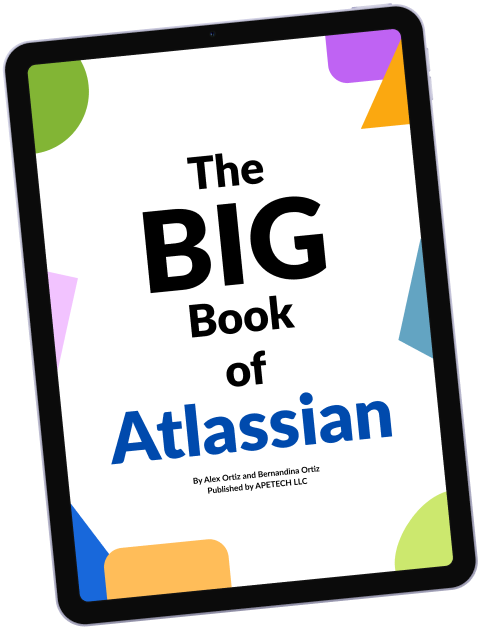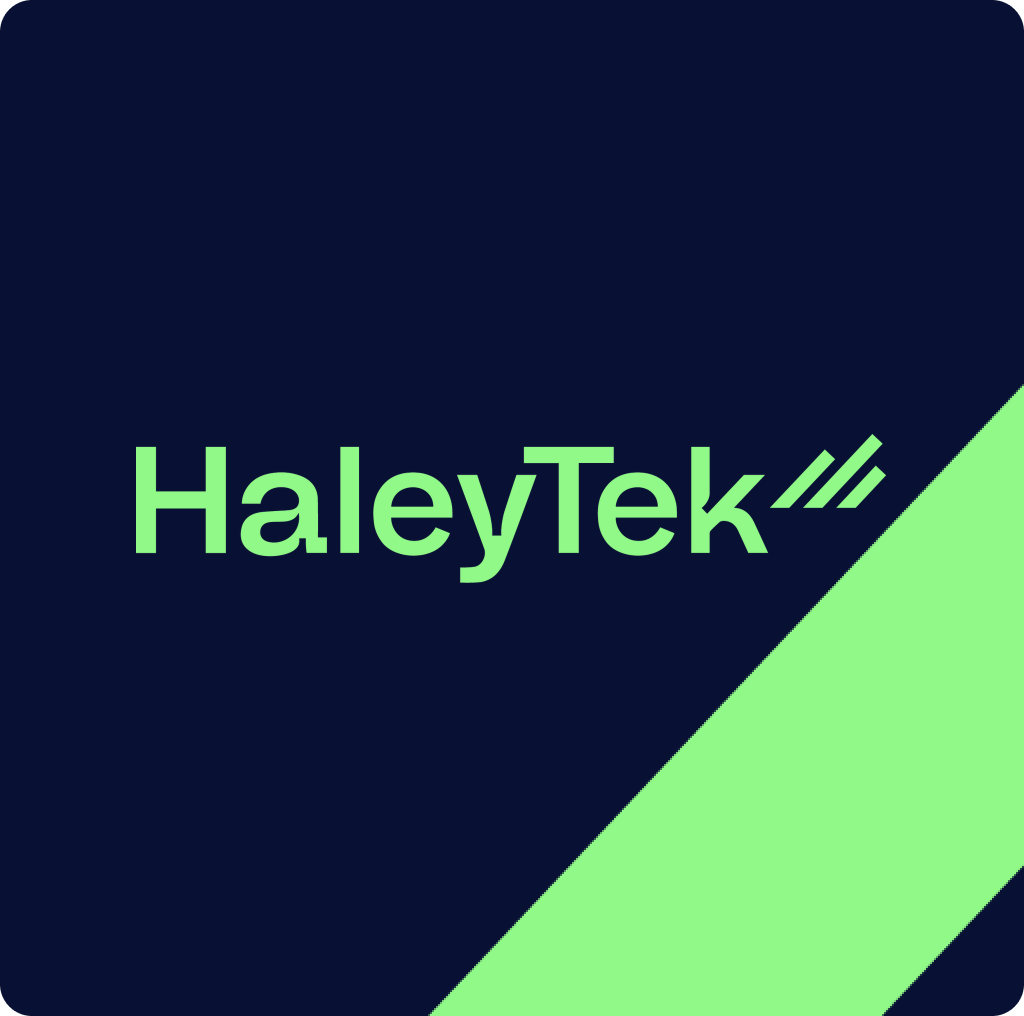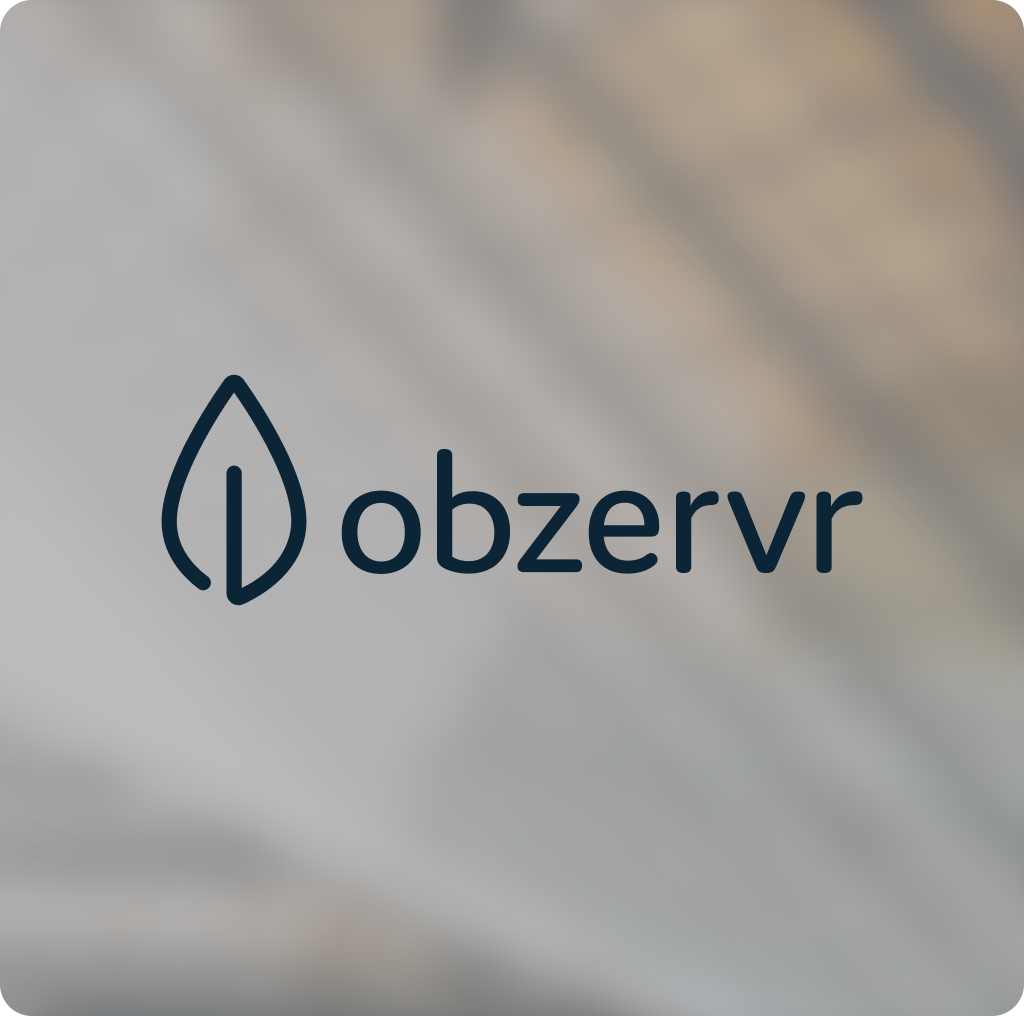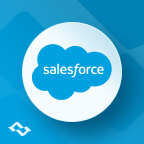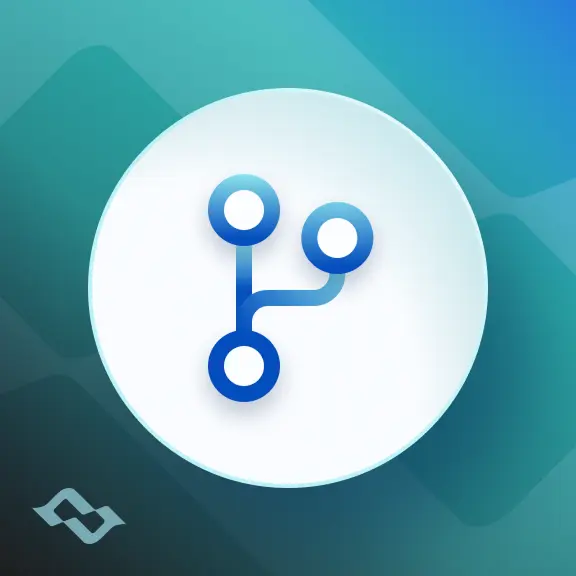DevOps platforms are pivotal in how organizations deliver applications and services. The 2024 Gartner Magic Quadrant for DevOps Platforms offers a comprehensive look at the current state of the market, highlighting key players, emerging trends, and the driving factors behind the widespread adoption of these platforms.
As software delivery complexity increases, organizations are turning to integrated DevOps solutions to streamline processes, reduce tool friction, and accelerate time to value. This article dives into the report's most important insights, helping you understand how the DevOps landscape is shifting and what it means for businesses worldwide.
Introduction to DevOps Platforms
At its core, DevOps is about improving the collaboration between software development and IT operations, enabling faster, more reliable software delivery. A DevOps platform is designed to integrate all the necessary tools and processes into a unified environment, from coding and testing to deployment and monitoring. According to the report, by 2027, 80% of organizations will incorporate a DevOps platform into their tooling to reduce complexity, up from just 25% in 2023. This explosive growth signals a major shift in how businesses approach software delivery, emphasizing the importance of agility, automation, and collaboration.
What Defines a DevOps Platform?
The Gartner Magic Quadrant defines a DevOps platform as providing fully integrated capabilities for continuously delivering software using Agile and DevOps practices. These platforms span the entire software development lifecycle (SDLC) and include version control, testing, security, and compliance functions. By consolidating these capabilities into a single environment, DevOps platforms help teams work more efficiently, reducing the cognitive load that often comes with managing complex toolchains.
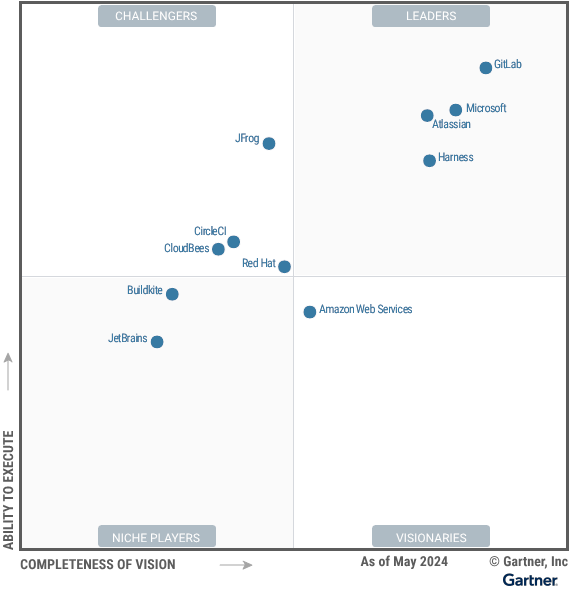
Key Players in the DevOps Space
The 2024 Gartner Magic Quadrant identifies several key players in the DevOps platform space, categorizing them into Leaders, Challengers, Visionaries, and Niche Players. Each category represents different levels of market presence and vision.
Leaders: Atlassian, GitLab, Harness, and Microsoft
The Magic Quadrant leaders, including Atlassian, GitLab, Harness, and Microsoft, are characterized by their comprehensive platforms, broad adoption, and strong execution. These vendors offer end-to-end solutions integrating various DevOps processes, from planning to monitoring, providing robust features and a seamless user experience.
- Atlassian stands out for its deep integration between work management and software development tools, such as Jira and Bitbucket. The platform's recent enhancements to DevSecOps capabilities and internal developer portals (like Compass) make it a strong choice for organizations focused on agile work management.
Check out the Getint integrations solution for Atlassian's Jira.
- GitLab, with its continuous innovation and integrated security features, remains a dominant force in the DevOps space. Its focus on the entire software lifecycle, from planning to deployment, has made it a favorite among enterprises looking for an all-in-one solution.
Find out more about Gitlab integration
- Harness is known for its strong cloud-native capabilities and continuous delivery pipelines. Its platform's feature management and comprehensive DevOps modules cater to the needs of large-scale enterprise environments.
- Microsoft provides two independent platforms—Azure DevOps and GitHub. With GitHub leading the charge, Microsoft leverages its massive developer community and generative AI capabilities to streamline DevOps workflows.
Challengers and Visionaries
While CircleCI, CloudBees, and JFrog are categorized as Challengers, they continue to offer competitive DevOps platforms, particularly for specific industries or use cases. CircleCI, for instance, excels in test automation and ease of use, making it popular among development teams focusing on continuous integration and deployment.
Visionaries like Amazon Web Services (AWS) focus on innovation, and their DevOps platforms incorporate advanced collaboration and reporting capabilities. Although relatively new, AWS's CodeCatalyst shows promise by integrating tools like Elastic Kubernetes Service (EKS) and Terraform.
Niche Players
Niche players, including JetBrains and Buildkite, cater to specific segments of the DevOps market. While they may not have the broad capabilities of the Leaders, they offer specialized solutions that can be particularly effective for organizations with specific needs, such as CI/CD pipelines or IDE integrations.
The Value of DevOps Platforms: Why Organizations Are Adopting Them
The Gartner Magic Quadrant highlights several key reasons why more organizations are shifting from traditional DevOps toolchains to integrated platforms. Here are the top benefits driving this change:
Reducing Complexity
One of the biggest challenges in modern software development is the complexity of managing a diverse set of tools. Traditional toolchains often require manual handoffs and constant maintenance, leading to inefficiencies and delays. DevOps platforms simplify this process by providing an integrated environment where all tools work seamlessly together, reducing friction and enabling faster software delivery.
Improving Collaboration
DevOps platforms are designed to foster better collaboration across teams. By providing a single source of truth for everything from code to deployment metrics, these platforms ensure that everyone, from developers to operations teams, is working with the same data. This transparency improves communication and helps teams align efforts, leading to more consistent and reliable outcomes.
Enhancing Security and Compliance
Security is an integral part of the DevOps lifecycle, and platforms increasingly focus on integrating security capabilities into the development process. For instance, GitLab and JFrog have made significant strides in embedding security checks, compliance, and governance into their DevOps workflows. These features allow organizations to catch vulnerabilities early in the development cycle, reducing the risk of security breaches and ensuring compliance with industry standards.
Accelerating Time to Market
By automating repetitive tasks and streamlining workflows, DevOps platforms significantly reduce the time it takes to bring new features and updates to market. This is crucial in today's competitive environment, where businesses must respond quickly to customer demands. The end-to-end automation provided by platforms like Harness and Atlassian helps teams deliver software faster without compromising quality.

Emerging Trends in DevOps: What to Watch For
The DevOps landscape is constantly evolving, and the 2024 Magic Quadrant identifies several key trends shaping the industry's future.
Platform Engineering and Internal Developer Platforms (IDP)
Platform engineering is emerging as a critical discipline within DevOps. Internal developer platforms (IDPs) allow organizations to create self-service environments where developers can access the necessary tools and infrastructure without relying on centralized IT teams. Atlassian's Compass and Harness's Internal Developer Portal are examples of how vendors respond to this trend, providing capabilities that make it easier for teams to scale DevOps practices across the organization.
AI and Machine Learning in DevOps
AI is playing an increasingly important role in DevOps, helping to automate processes such as testing, security scanning, and infrastructure management. GitHub Copilot, for example, leverages generative AI to assist developers in writing code, while Harness's AI capabilities help identify and remediate vulnerabilities. As AI continues to evolve, its role in optimizing DevOps workflows will only grow.
Multicloud and Hybrid Cloud Environments
As organizations adopt multicloud and hybrid cloud strategies, DevOps platforms are evolving to support the complexity of managing applications across different environments. AWS CodeCatalyst, for example, integrates with a variety of cloud services, enabling teams to build and deploy applications across hybrid and multicloud environments. This flexibility is crucial for businesses looking to avoid vendor lock-in and ensure that their applications are optimized for performance and cost across different cloud platforms.
Key Takeaways and the Path Forward
The 2024 Gartner Magic Quadrant for DevOps Platforms clearly shows the future of DevOps. As more organizations embrace the benefits of integrated platforms, we can expect continued innovation in areas such as AI, security, and platform engineering. Leaders like Atlassian, GitLab, and Microsoft are setting the pace while challengers and niche players continue to provide specialized solutions that meet the unique needs of various industries.
For businesses, the message is clear: adopting a DevOps platform can reduce complexity, improve collaboration, and accelerate software delivery, giving teams the tools they need to succeed in an increasingly competitive market. As you consider your DevOps strategy, it's essential to evaluate how these platforms can fit into your existing processes and how they can help you achieve your long-term goals.
Enhancing Cross-Platform DevOps Workflows with Getint
In the world of DevOps, ensuring smooth workflows across multiple platforms can be challenging. Getint addresses this challenge by providing powerful integration tools and bridging platforms like Jira, GitLab, Azure DevOps, or GitHub.
"This report shows, that there are many great solutions on the market. And that there is none, that is perfect for everyone - there is no silver bullet. That's why, oftentimes organizations decide to use Atlassian's Jira, Azure DevOps and GitLab alongside each other, integrating them. That's why we created Getint, to make sure that every team can work together, while using their preferred tool" - Jacek Wizmur, Co-Founder of Getint
Getint supports the integration of DevOps platform leaders with APMR tools to further improve workflows throughout the organization. By offering bi-directional, automated data synchronization, Getint eliminates manual handoffs and reduces the friction that often arises when using multiple systems. Teams using different DevOps tools can enjoy seamless, connected workflows, enhancing productivity and ensuring that all systems work harmoniously.


